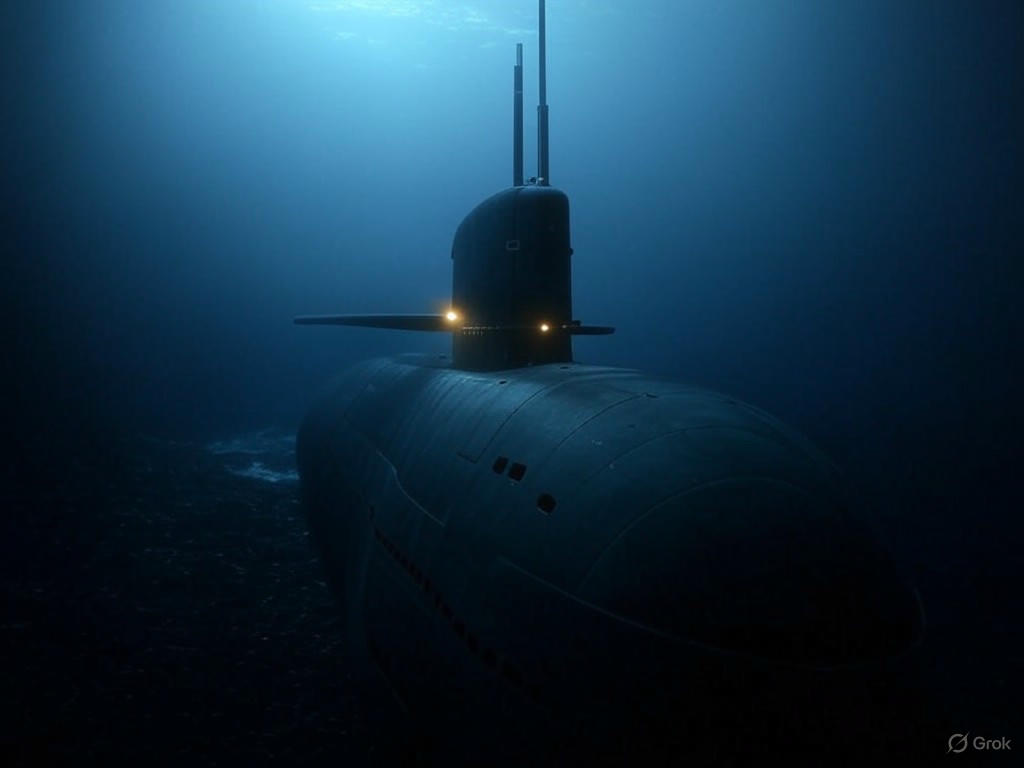Diving into Tragedy: A Review of Netflix’s ‘Titan: The OceanGate Disaster’
Netflix’s latest documentary, ‘Titan: The OceanGate Disaster,’ plunges viewers into the chilling story of the ill-fated submersible that captured global attention in 2023. Directed by Mark Monroe, the film attempts to unravel the mystery and human cost of the Titan’s catastrophic implosion during its descent to the Titanic wreck. With a mix of archival footage, expert interviews, and somber narration, the documentary seeks to honor the memory of the five lives lost while exploring the broader implications of deep-sea exploration gone wrong. Yet, as the credits roll, one can’t help but wonder if the film truly dives deep enough into the murky waters of this tragedy.
At its core, the documentary is a respectful recounting of the events leading up to the disaster. Monroe meticulously pieces together the timeline, from the ambitious vision of OceanGate’s founder to the mounting concerns over the submersible’s safety protocols. The film doesn’t shy away from highlighting the hubris that may have contributed to the tragedy, painting a picture of a mission driven by innovation but plagued by oversight. Interviews with marine engineers and former OceanGate employees provide a sobering look at the technical flaws and ignored warnings that foreshadowed the disaster. These moments are the film’s strongest, offering a glimpse into the high-stakes world of underwater exploration where the line between bravery and recklessness is razor-thin.
However, where ‘Titan: The OceanGate Disaster’ falters is in its depth of analysis. While it succeeds in avoiding sensationalism—a pitfall that could easily have turned this story into a spectacle—it often feels surface-level. The documentary raises important questions about the ethics of commercial deep-sea tourism and the responsibility of private companies in uncharted territories, but it stops short of exploring these themes in a meaningful way. The personal stories of the victims are touched upon with care, yet they lack the emotional resonance that could have transformed this film from a factual recounting into a poignant human drama. Viewers are left with a sense of what happened, but not necessarily why it matters on a broader scale.
Visually, the film is haunting, with eerie underwater imagery juxtaposed against the claustrophobic interiors of the Titan submersible. The sound design amplifies the tension, mimicking the crushing pressure of the ocean depths. Yet, even these stylistic choices can’t fully compensate for the documentary’s lack of a compelling narrative arc. It feels like a missed opportunity to not only document a tragedy but to spark a larger conversation about humanity’s relentless pursuit of the unknown.
Ultimately, ‘Titan: The OceanGate Disaster’ is a watchable yet underwhelming addition to Netflix’s documentary catalog. It handles a sensitive subject with dignity, ensuring the story doesn’t feel exploitative, but it lacks the insight needed to leave a lasting impact. For those intrigued by the OceanGate saga, the film offers a solid primer. However, for viewers seeking a deeper exploration of the ethical and emotional layers of this disaster, the documentary remains adrift in shallow waters.


